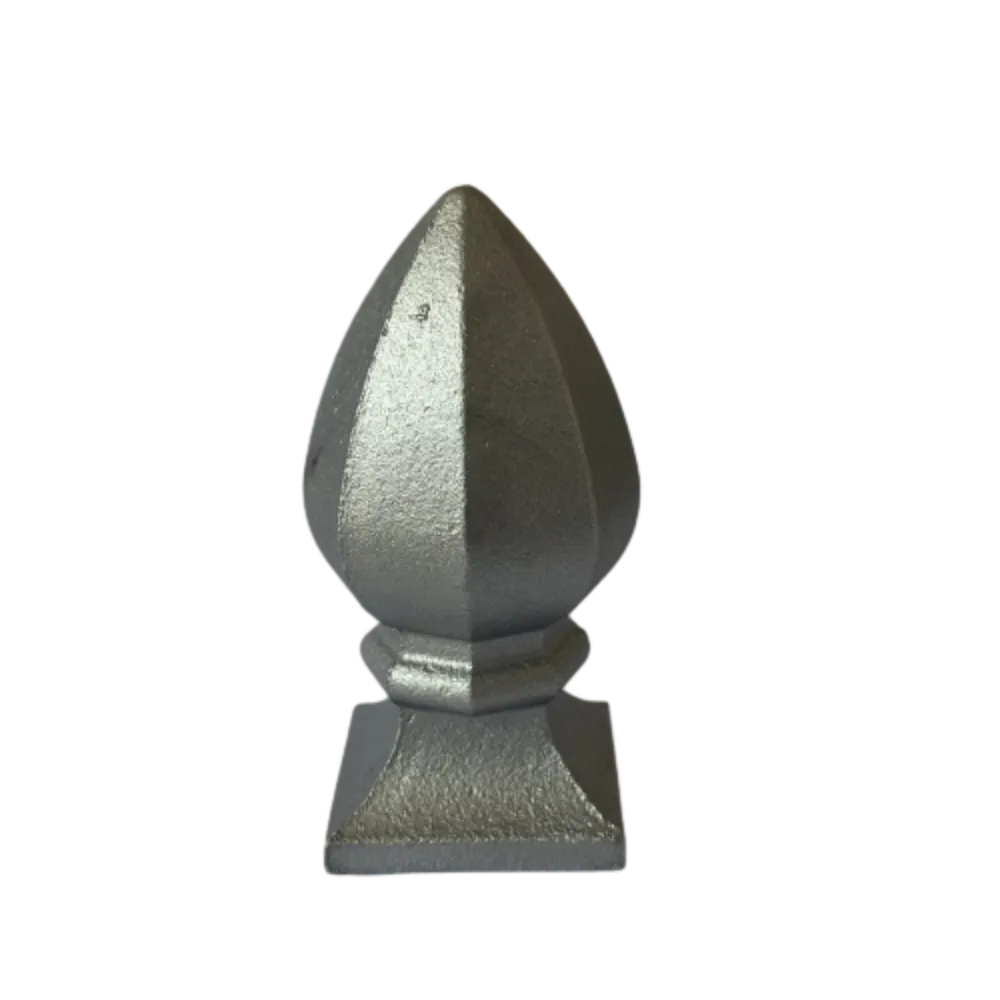Guide to Choosing the Right Sliding Door Roller Assembly for Smooth Operation and Longevity
The Importance of Sliding Door Roller Assembly in Modern Architecture
Sliding doors have become an essential feature in contemporary architecture, offering both functionality and aesthetic appeal. One of the key components behind their smooth operation is the sliding door roller assembly. This assembly plays a crucial role in ensuring that sliding doors glide effortlessly along their tracks, providing an unobstructed passage while enhancing the user experience. Understanding the significance and mechanics of the sliding door roller assembly can help consumers make informed decisions about their installations and maintenance.
What is a Sliding Door Roller Assembly?
A sliding door roller assembly consists of several components, including rollers, brackets, and tracks, designed to facilitate the movement of sliding doors. The rollers are usually made of durable materials such as plastic, nylon, or metal, allowing them to withstand heavy loads while maintaining smooth operation. The design of these rollers can significantly impact how well the door operates. High-quality roller assemblies are engineered to minimize friction, allowing doors to slide seamlessly, which is especially important for larger or heavier doors.
Functional Benefits
The primary function of a sliding door roller assembly is to enable movement while providing stability. When properly installed, the roller assembly helps to distribute the weight of the door evenly, reducing wear and tear on the track and the door itself. This reduces the likelihood of door misalignment or jamming, which can be a common issue with sliding doors. A well-functioning roller assembly also enhances the overall security of the door system, preventing accidental openings and ensuring that the doors remain tightly sealed when closed.
Aesthetic and Space-saving Advantages
sliding door roller assembly

Sliding doors are favored in both residential and commercial spaces due to their aesthetic appeal and space-saving capabilities. Unlike traditional hinged doors that swing open and can occupy valuable floor space, sliding doors glide along a track. This feature makes them ideal for areas with limited room or for creating a seamless transition between indoor and outdoor living spaces. The roller assembly is central to this functionality, allowing for installation options such as pocket doors, which slide into the wall for a completely unobtrusive design.
Maintenance and Longevity
To maximize the performance of sliding door roller assemblies, regular maintenance is essential. Over time, dirt, grime, and dust can accumulate in the track and on the rollers, leading to friction and hindered movement. Homeowners and property managers should regularly inspect the assembly, clean the rollers, and lubricate the track to ensure smooth operation. In cases where the rollers are worn or damaged, replacing them promptly can prevent more significant issues down the line.
Innovations in Roller Technology
As technology advances, so too do the designs of sliding door roller assemblies. Manufacturers are continually developing new materials and designs that enhance durability and functionality. Features such as self-cleaning rollers and advanced bearing systems help improve performance while reducing required upkeep. Innovations like these represent significant strides forward, ensuring that sliding doors remain a popular choice in modern construction.
Conclusion
In conclusion, the sliding door roller assembly is a vital component that significantly influences the performance, aesthetics, and longevity of sliding doors. For architects, builders, and homeowners, understanding the importance of choosing high-quality roller assemblies and maintaining them effectively can lead to better functionality and enhanced experiences. As architectural trends continue to evolve, the sliding door remains a staple in creating open, airy spaces, and the roller assembly is at the heart of this innovation. By investing in quality components and maintenance, users can enjoy the benefits of sliding doors for years to come.
-
Wrought Iron Components: Timeless Elegance and Structural StrengthNewsJul.28,2025
-
Window Hardware Essentials: Rollers, Handles, and Locking SolutionsNewsJul.28,2025
-
Small Agricultural Processing Machines: Corn Threshers, Cassava Chippers, Grain Peelers & Chaff CuttersNewsJul.28,2025
-
Sliding Rollers: Smooth, Silent, and Built to LastNewsJul.28,2025
-
Cast Iron Stoves: Timeless Heating with Modern EfficiencyNewsJul.28,2025
-
Cast Iron Pipe and Fitting: Durable, Fire-Resistant Solutions for Plumbing and DrainageNewsJul.28,2025
-
 Wrought Iron Components: Timeless Elegance and Structural StrengthJul-28-2025Wrought Iron Components: Timeless Elegance and Structural Strength
Wrought Iron Components: Timeless Elegance and Structural StrengthJul-28-2025Wrought Iron Components: Timeless Elegance and Structural Strength -
 Window Hardware Essentials: Rollers, Handles, and Locking SolutionsJul-28-2025Window Hardware Essentials: Rollers, Handles, and Locking Solutions
Window Hardware Essentials: Rollers, Handles, and Locking SolutionsJul-28-2025Window Hardware Essentials: Rollers, Handles, and Locking Solutions -
 Small Agricultural Processing Machines: Corn Threshers, Cassava Chippers, Grain Peelers & Chaff CuttersJul-28-2025Small Agricultural Processing Machines: Corn Threshers, Cassava Chippers, Grain Peelers & Chaff Cutters
Small Agricultural Processing Machines: Corn Threshers, Cassava Chippers, Grain Peelers & Chaff CuttersJul-28-2025Small Agricultural Processing Machines: Corn Threshers, Cassava Chippers, Grain Peelers & Chaff Cutters












